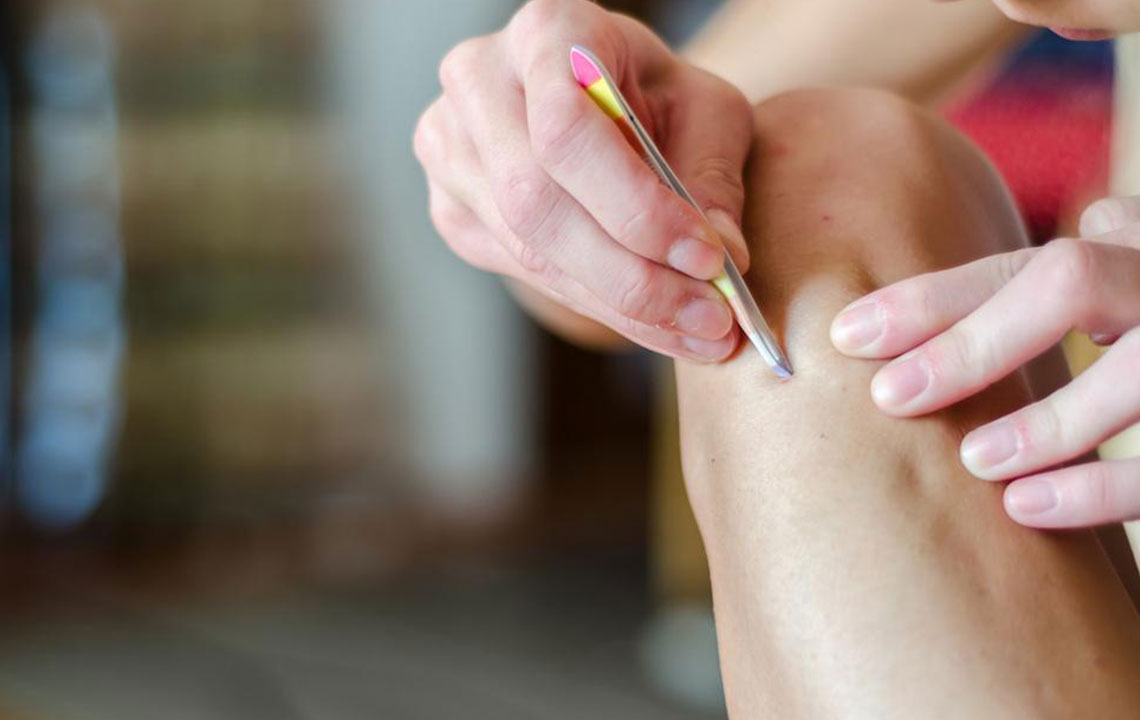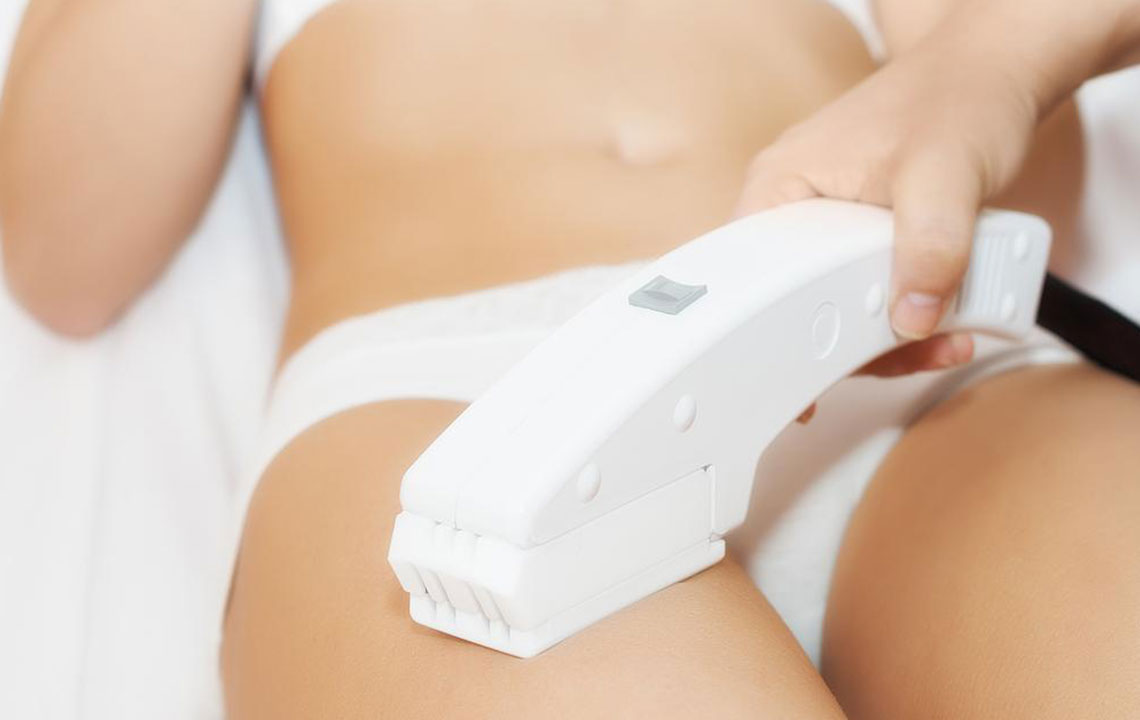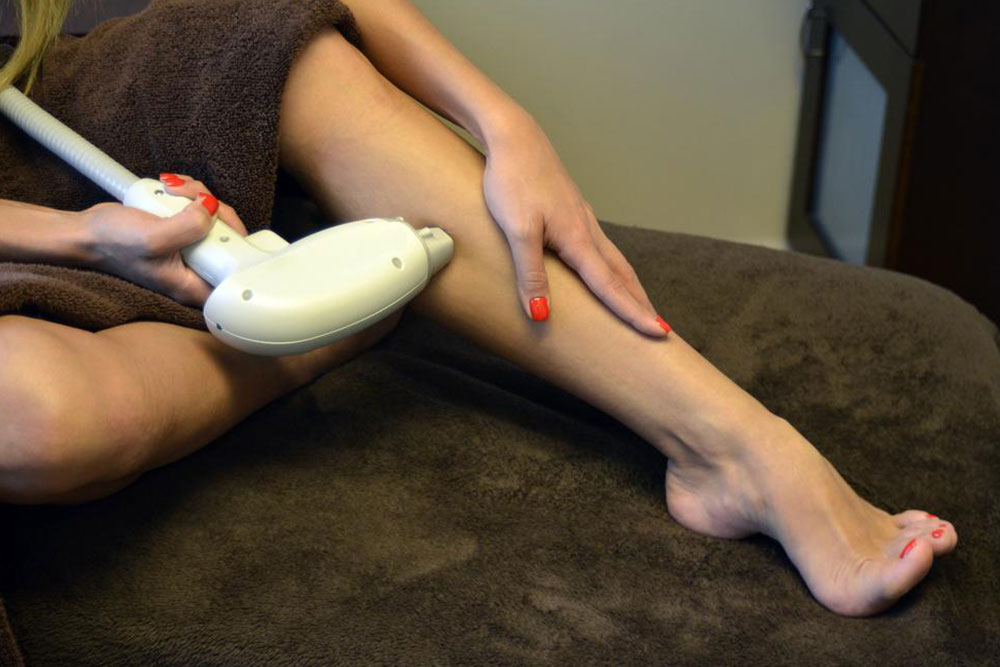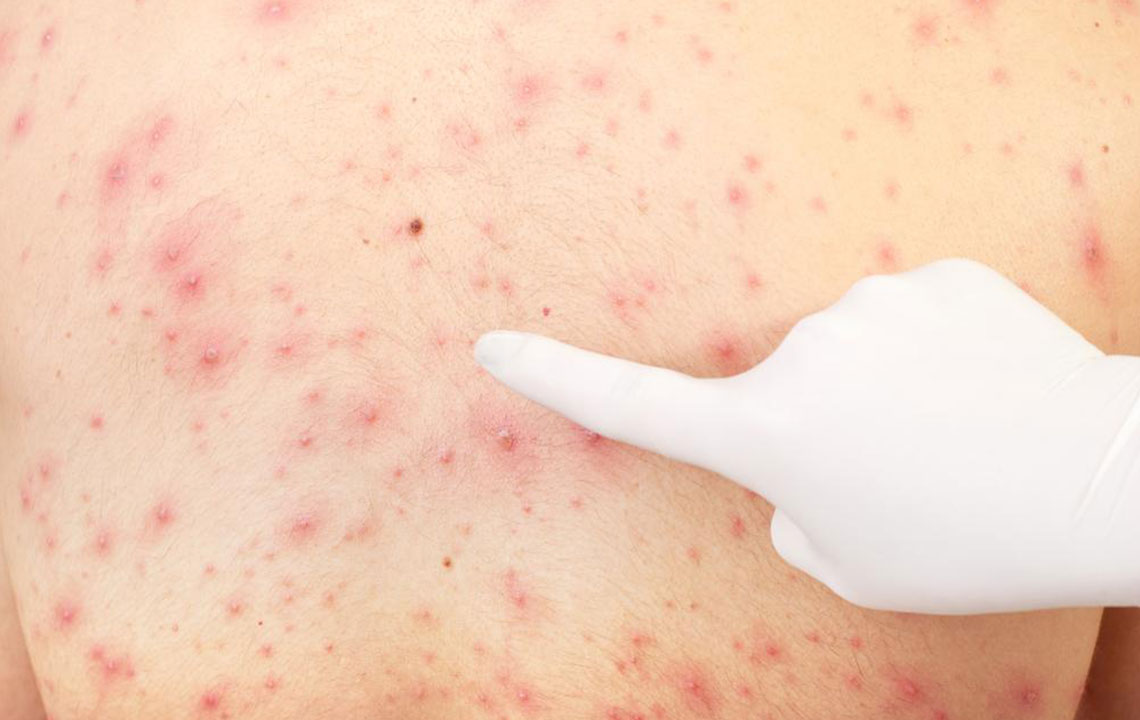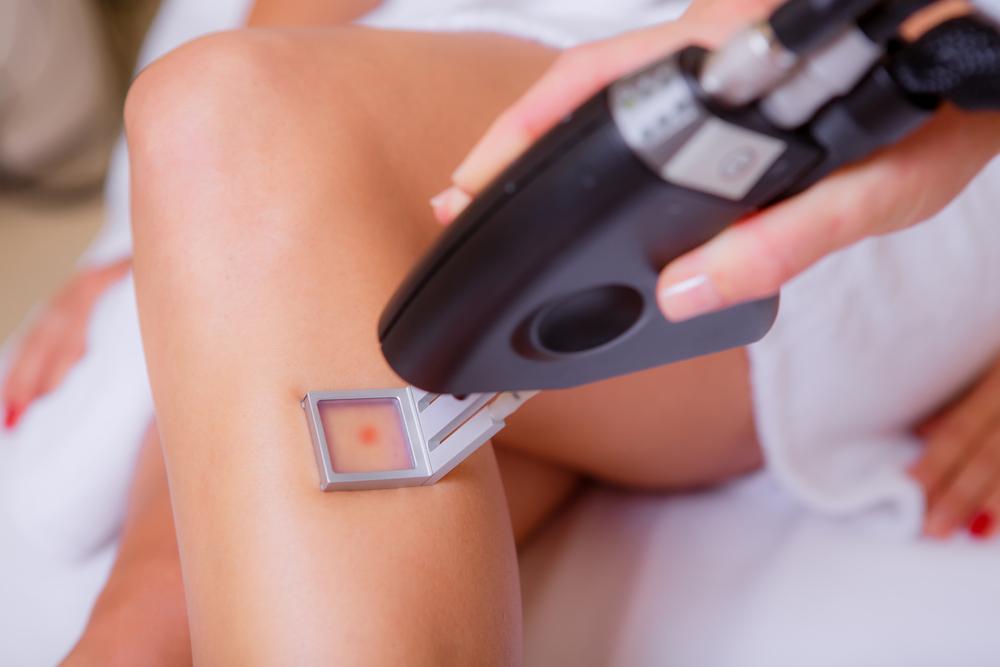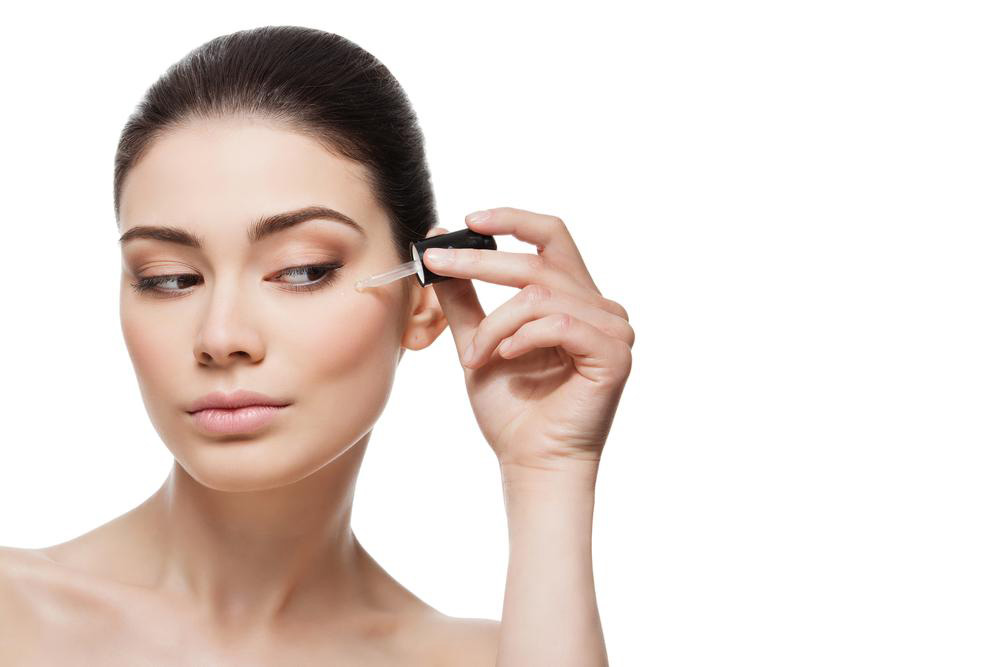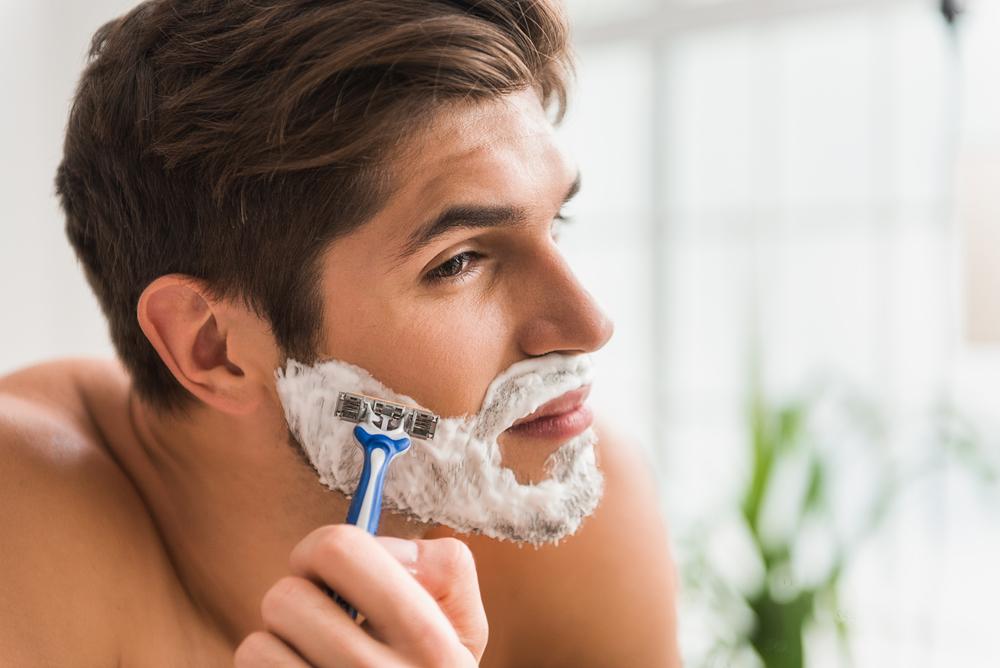Effective Strategies for Managing Ingrown Hair in the Bikini Area
Manage ingrown hairs in the bikini area effectively with tips like pausing waxing, using tweezers for removal, and regular exfoliation. Consulting a doctor for persistent issues ensures proper treatment, preventing infections and skin irritation. A gentle approach can help maintain smooth, healthy skin, especially before beach season. Follow these strategies for safe and effective ingrown hair management in sensitive areas.
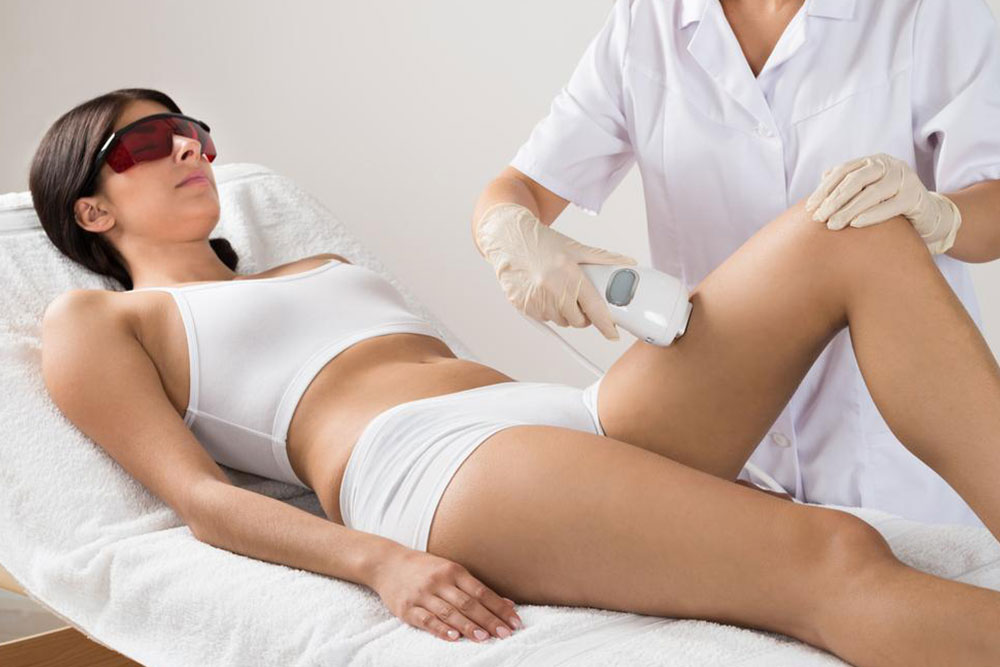
Managing Ingrown Hair in the Bikini Zone
No matter the season, wanting to wear a bikini should be an enjoyable experience. Nonetheless, ingrown hairs in the bikini region can cause discomfort and concern. Frequent hair removal increases the likelihood of ingrown hairs, which may lead to irritation and skin pricks. These hairs curl under the skin, growing back into the dermal layer. While generally harmless, ingrown hairs can sometimes cause infections if not managed properly.
Addressing ingrown hairs through proper removal techniques is essential. Here are some effective methods to manage and eliminate ingrown hairs around the bikini line:
Pause waxing and shaving temporarily – If you notice an abundance of ingrown hairs, it’s advisable to delay waxing or shaving. Over time, excessive hair removal can prevent hair from growing correctly, increasing ingrown hairs. Resting from these methods allows skin to recover and reduces ingrown hair formation.
Use tweezers carefully – Extracting ingrown hairs with tweezers or a fine needle can be effective. Gently lift the curled hair out of the skin, ensuring you sterilize the tool beforehand. Since ingrown hairs can be tiny, a magnifying glass may help locate the bumps more easily.
Exfoliate regularly – Regular exfoliation helps prevent and treat ingrown hairs. Apply a gentle scrub to the affected area and use a soft brush or cloth in circular motions to remove dead skin and free trapped hairs. This method promotes smoother skin and eases hair emergence.
If stubborn ingrown hairs persist or cause inflammation, consulting a healthcare professional is recommended. They may prescribe medicated creams to reduce inflammation and dead skin buildup. Prompt medical attention is vital to prevent infections or complications.
Note:
The information shared on this site aims to provide helpful insights across various topics. While based on research, it is not a substitute for professional medical advice. Users should consult healthcare providers for personalized treatment. The site disclaims responsibility for inaccuracies or differences in data from other sources. Additionally, offers and schemes mentioned may vary and are not guaranteed to be available in all regions.

